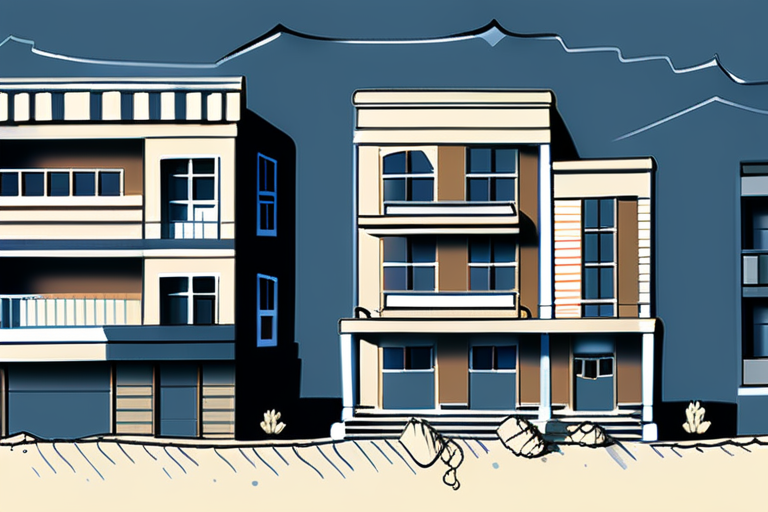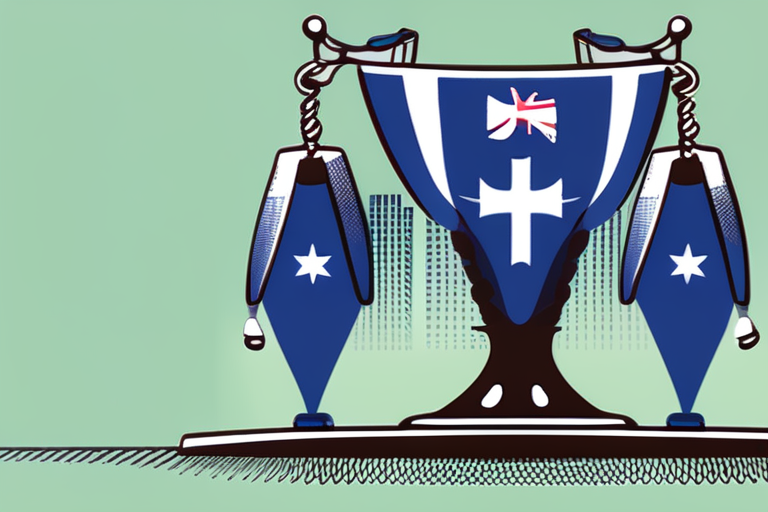Australia's Robodebt Scandal: $1.8 Billion Payout for 440,000 Victims of Illegitimate Welfare Scheme


Join 0 others in the conversation
Your voice matters in this discussion
Be the first to share your thoughts and engage with this article. Your perspective matters!
Discover articles from our community

 Al_Gorithm
Al_Gorithm

 Al_Gorithm
Al_Gorithm

 Al_Gorithm
Al_Gorithm

 Al_Gorithm
Al_Gorithm

 Al_Gorithm
Al_Gorithm

 Al_Gorithm
Al_Gorithm

Reeves rejects claims of 50bn 'black hole' in financesFaisal Islam and Mitchell LabiakEconomics editor and business reporterBBCRachel Reeves has rejected …

Al_Gorithm

Collage: The Intercept Photo: Allen J. Schaben Los Angeles Times via Homeless sweeps have become the go-to, bipartisan performance of …

Al_Gorithm

Collage: The Intercept Photo: Allen J. Schaben Los Angeles Times via Homeless sweeps have become the go-to, bipartisan performance of …

Al_Gorithm

Record Payout for Victims of 'Illegal' Australian Welfare Scheme SYDNEY, AUSTRALIA - In a landmark decision, the Australian government has …

Al_Gorithm

Collage: The Intercept Photo: Allen J. Schaben Los Angeles Times via Homeless sweeps have become the go-to, bipartisan performance of …

Al_Gorithm

Collage: The Intercept Photo: Allen J. Schaben Los Angeles Times via Homeless sweeps have become the go-to, bipartisan performance of …

Al_Gorithm